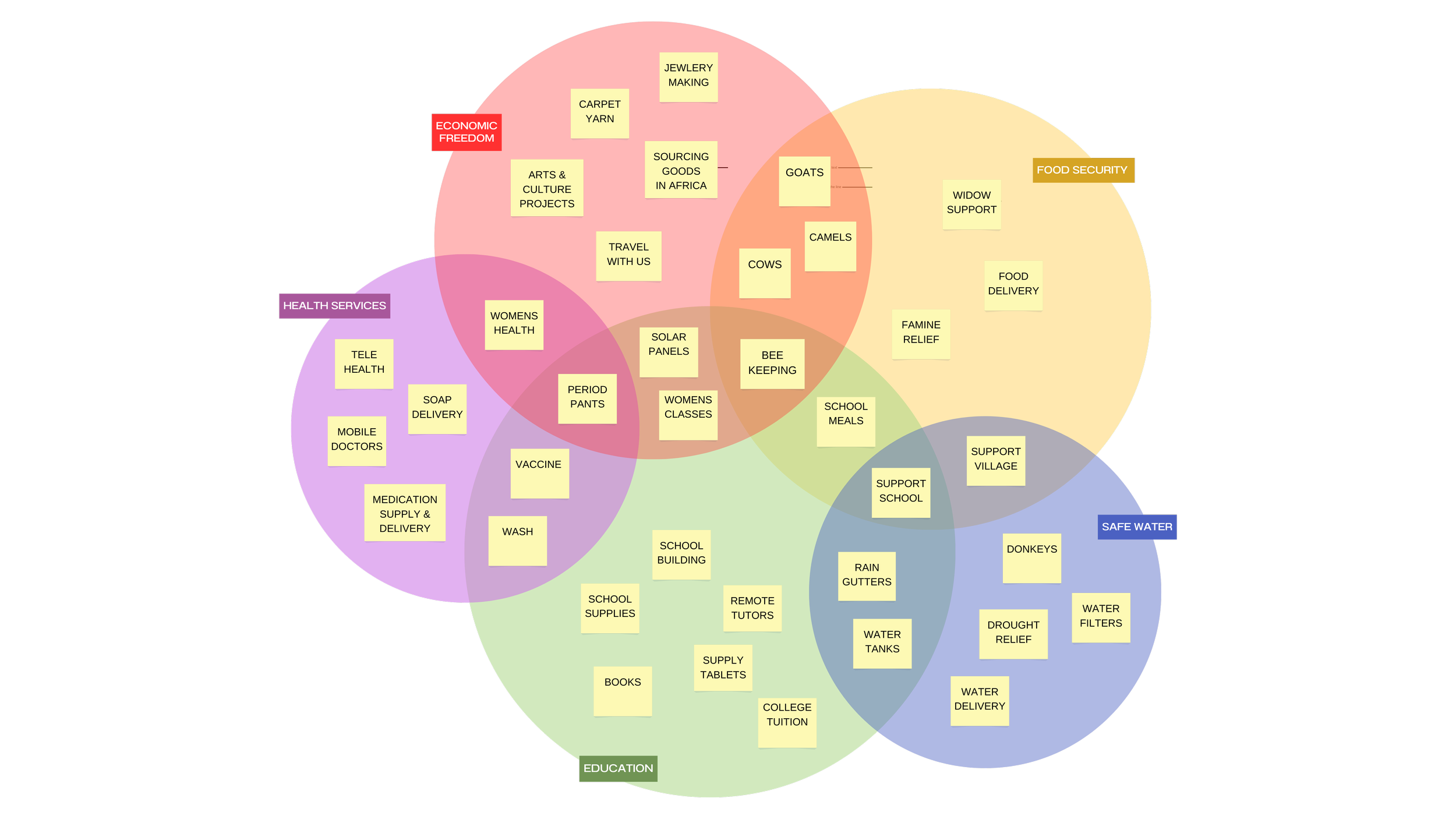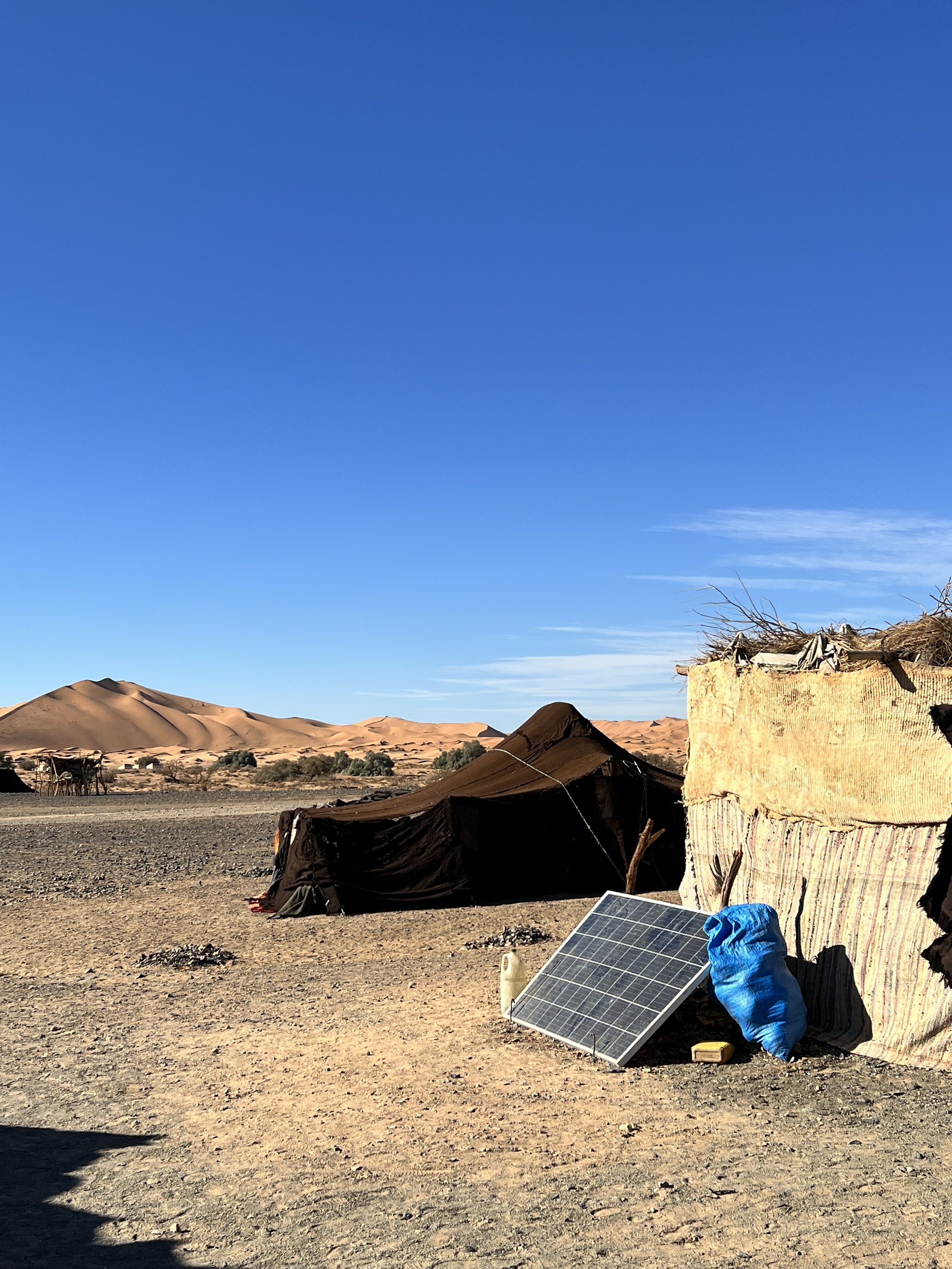
HUMANCULTURE
HUMANCULTURE
CLIMATE CRISIS
Indigenous peoples are among the first to face the direct consequences of climate change, due to their dependence upon, and close relationship, with the environment and its resources. Climate change exacerbates the difficulties already faced by Indigenous communities including political and economic marginalization, human rights violations, loss of land and restricted access to vital resources.
CURRENT CRISIS
Right now, a prolonged and severe drought in East Africa is causing widespread loss of animal and human life. We deliver critical resources to remote villages, supporting the survival of families and animals during this crisis.

HOW YOU CAN HELP
YOUR CONTRIBUTION MAKES A DIRECT IMPACT ON THE LIVES OF PEOPLE LIVING IN REMOTE SOCIETIES.
EVERY DONATION IS CRUCIAL TO PROTECTING THE HUMAN RIGHTS AND PRESERVING THE CULTURES OF AFRICAN AND INDIGENOUS COMMUNITIES.
beehives
As pollinators, bees play a part in every aspect of the ecosystem. They support the growth plants, which serve as food and shelter for other creatures.
solar power
As a renewable source of power, solar energy reduces greenhouse gas and mitigates climate change, critical to protecting humans, wildlife, and ecosystems.
Famine & Drought
Famine and drought relief is an effort to reduce starvation where a large population of a region are so undernourished that death by starvation is common.
SUSTAINABLE FAMINE RELEIF
Our livestock enhances food security for vulnerable families amid an unprecedented climate change crisis, as these adaptable animals sustain essential resources like milk and blood despite environmental challenges, bolstering community resilience and reducing reliance on diminishing food supplies, ultimately supporting families and improving global food accessibility in a climate-affected world.
AT HUMANCULTURE, WE WORK TO PRESERVE THE LIFE AND CULTURE OF AFRICAN AND INDIGENOUS PEOPLE THROUGH DECOLONIAL PROJECTS. OUR WORK IMPROVES SUSTAINABLE ACCESS TO SAFE WATER, FOOD SECURITY, HEALTH SERVICES, EDUCATION, AND INCOME EQUALITY WHILE PRESERVING THE CULTURES OF REMOTE SOCIETIES.

Based on the United Nations Universal Declaration of Human Rights, our projects are led by local leaders and employ inherently sustainable, traditional activities to preserve existing cultural practices. We support entire communities, with a special focus on women, children, and the most vulnerable members of society, including widowed families.















